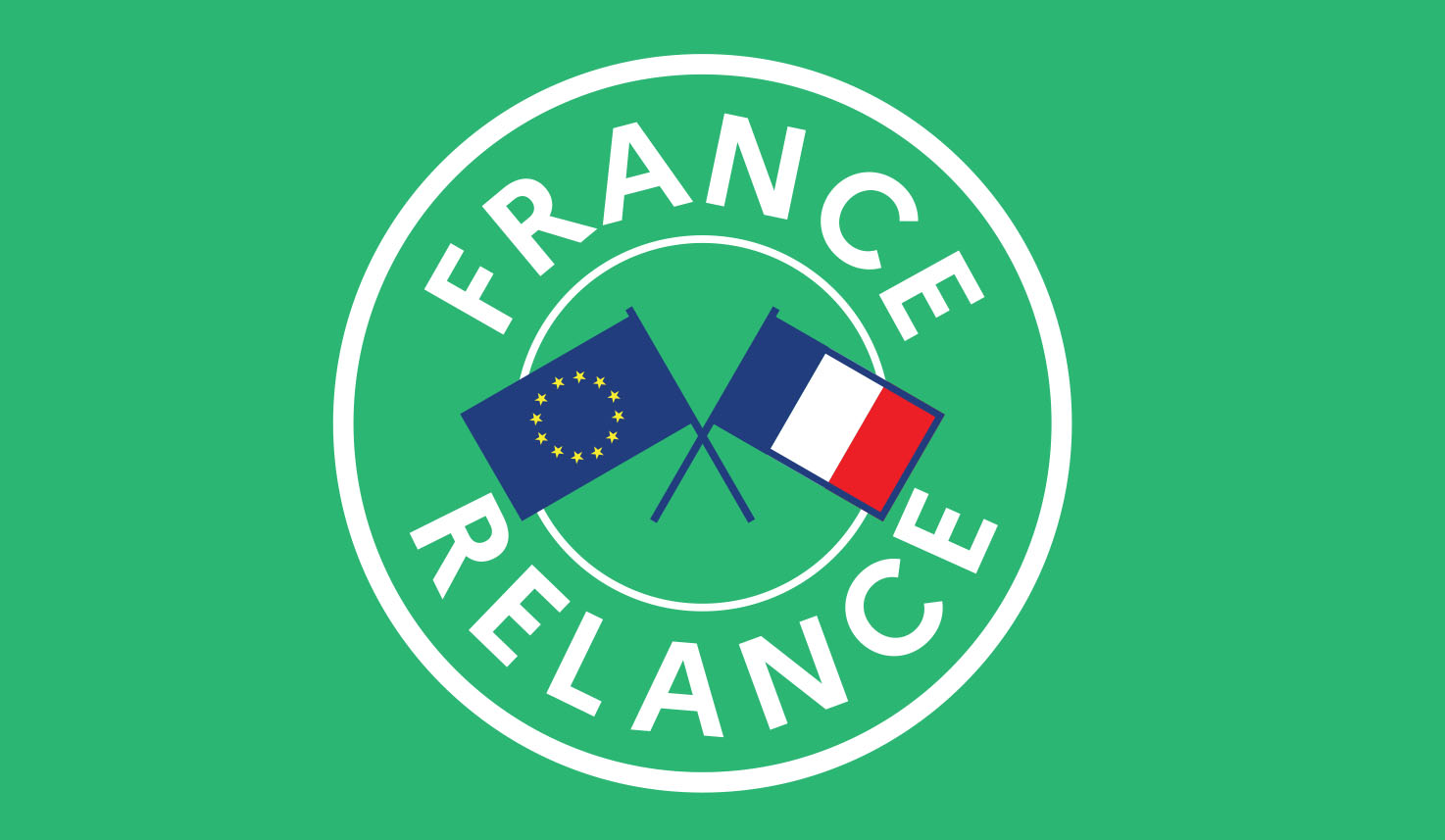Grants and subsidies in France
A wide range of incentives
France has created a broad and varied support framework to satisfy the needs of investors, offering assistance depending on the type of investment projects, its location, and the type of company. A strong focus is placed on small and medium companies as well as small midcaps with fewer than 5.000 employees.
The country offers over 250 different grants and subsidies to enterprises for setting up a business in France, particularly in rural areas. Those incentives comprise EU subsidies, central government grants, regional development grants, redeployment grants and grants from departments and local communities.
The recently created plan “France Relance” is intended to provide a boost to the French economy in key growth areas for the future.
General overview
Grants are proposed as assistance to purchase buildings and equipment, subsidies for job creation or tax incentives.
Most government subsidies aim at supporting small businesses already up and running, but there are also specific support programs for new businesses. Some regional governments provide subsidies to new businesses, especially if local jobs are assured or local skills used. Most grants are proposed for the creation of a first business.
Subsidy and grant schemes comprise the following categories:
- European Union grants and subsidies
- French subsidies for the development of new enterprises
- Special programmes for regional development: tax breaks and partial exon-eration for the first years of the company’s existence
- Grants provided to small and medium-sized businesses.
- Rural development programmes
Support for investment and job creation
Investors can benefit from a variety of financial incentives for business investment and job creation provided by central government, local authorities, and government agencies:
- Grants for industry and services administered by the ministry for regional development: up to 15.000 € per permanent job created, maintained or preserved
- Interest-free loans for industry with a fixed amount of 500.000 €
(www.entreprises.gouv.fr) - Corporate tax exemptions over a period of five to seven years for investments in certain areas (www.impots.gouv.fr)
- Support from local authorities: grants, interest free loans, reduced purchased prices for real estate up to 200.000 € over three years (www.aides-entreprises.fr)
- Exemption from the local economic contribution (CET) in EU regional aid areas (www.aides-entreprise.fr)
Financing investment projects
France’s public investment bank Bpifrance aids companies from the start-up phase through to stock market, supporting them for initial investment requirements, growth throughout France and international expansion.
Funding for training and recruitment
A variety of instruments offer financial incentives for job creation and training, by reduced employer social security contributions and subsidies, tax credits, social contribution exemptions and repayable advances, especially for integration contracts, apprenticeship contracts, professional training contracts and work-study contracts. To enhance workforce skills France set up a variety of programmes to support business training initiatives with as much as up to 60% of costs. The various forms of aid comprise the National Employment Fund, European funding channelled through regions, tax credits for spending on management training in SME and training support for future employees through the Pôle Emploi.
Support for innovation, research, and development
Government support for innovation, research and development is mainly based on France’s attractive research tax credit calculated at 30% of annual research expenditure up to 100 million € and 5% above this threshold. This research tax credit has been extended to support innovation spending by SMEs up to 400.000 €. In addition to this positive tax environment the French authorities have established state funding tools for R&D projects within the EU framework administered by various ministries.
Support for environmental protection
France proposes a wide range of schemes to support investment in environmental protection initiatives:
- Heat fund: investment subsidy for projects intended to produce heat from renewable energy (www.ademe.fr)
- Waste fund: subsidy for projects involving waste prevention, collection and recycling, and organic, material and energy recovery (www.ademe.fr)
- Various schemes created by Water agencies: subsidies and repayable advances for investment intended to prevent and reduce water pollution and to handle water-endangering waste (www.lesagencesdeleau.fr)
- Design support: support for design work undertaken by external engineering and consultancy firms in the areas of energy efficiency, renewable energies, the circular economy, waste and transport (www.diagademe.fr)
- Design support Water agencies: support for environmental studies intended to prevent and reduce water pollution (www.lesagencesdeleau.fr)
- Eco-energy loan (Bpifrance): financing of the purchase of equipment intended to improve SMEs’ energy efficiency (www.bpifrance.fr)
- Eco-technology fund (Bpifrance): acquisition of minority interest in innovative SMEs in the field of renewable energies and green chemicals, waste sorting and recycling, remediation, product eco-design, smart grits and vehicles of the future (www.bpifrance.fr)
- Advenir programme for electric vehicle charging points (www.advenir.mobi)
Economic measures aimed at helping business in the context of the Corona crisis.
Measures decided by the government include the deferral of social security contributions without penalty, deferral of payment of tax instalment without penalty and the possible rebate of tax and social security charges.
A strong focus is placed on support measures set up by Bpifrance, which do not depend on the size of the company, especially regarding the 90% guarantee for loans between three and seven years granted by French private banks to affected companies.
Through its “Plan Relance” France will notable leverage EU-support by 2026 to focus on the ecological transition, competitiveness and cohesion. The measures for companies that have been published so far can be found here.

PKF Fi.Solutions is a tax and audit firm specialized in services to international enterprises. It helps French and foreign investors to identify government support for their projects in France and to prepare their applications.

EU funding news and articles. All new articles in one place!
Do you want to read all the articles ahead ? Subscribe now and receive our online magazine each month!


Recent Comments